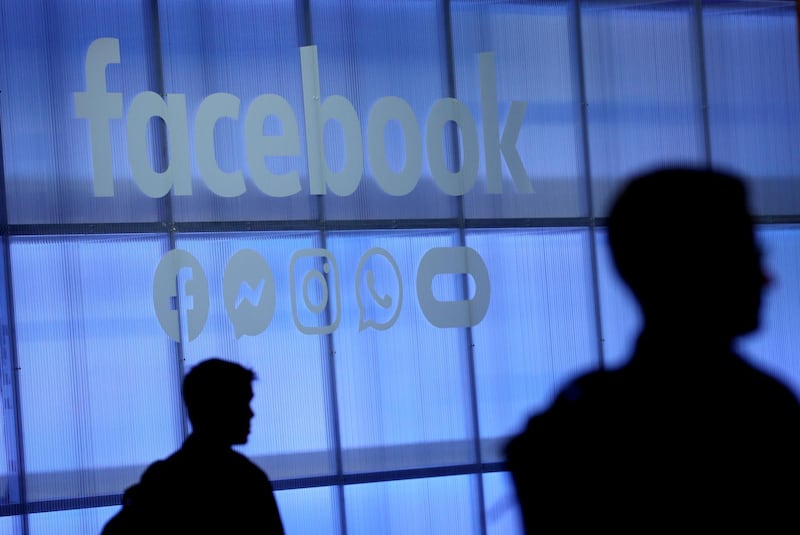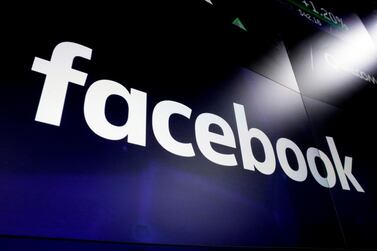Facebook is making its foray into cryptocurrencies with the formation of Libra Association, a consortium of 28 companies led by the social media giant that will manage a new currency.
Digital coin Libra will be launched on crypto exchange Libra Networks, and will allow customers to buy things or send money with nearly zero fees. Both the asset and the exchange will go live in 2020, Facebook said yesterday.
Libra Networks, which was registered in Geneva in the beginning of May, will offer services in finance and technology sectors and develop related software and hardware. Particularly in payment operations, data analysis, big data and blockchain, Facebook added.
The company said Libra will be a reserve-backed digital currency, or stablecoin, which is pegged to a basket of government-issued currencies to minimise volatility. What these currencies will be is yet to be disclosed.
Swedish audio streaming platform Spotify also joined Libra Association yesterday.
Alex Norstrom, chief premium business officer of Spotify, said the new currency will remove barriers in financially underserved markets.
“One challenge for Spotify and its users around the world has been the lack of easily accessible payment systems. This creates an enormous barrier to the bonds we work to foster between creators and their fans,” he said.
Libra will allow Spotify to better tap its "total addressable market, eliminate friction and enable payments in mass scale", Mr Norstorm added.
There are nearly 1.7 billion adults without a bank account or access to financial services globally.
However, almost two-thirds of them own an internet-connected mobile phone that can facilitate access to these services, according to a 2017 World Bank report.
Analysts say Libra's release is an encouraging sign for the industry and it could lead to mass adoption of other cryptocurrencies.
“Libra will breed familiarity of cryptos to a much wider audience. Two billion people will now be much more open to Bitcoin and other altcoins,” said Jasper Lawler, head of research at London Capital Group.
The exposure of this many people should also “spur regulators into action”, he said.
To gather feedback from initial users, Libra Association released a test version where developers can submit their feedback while taking part in a bug bounty programme, where participants are paid for reporting bugs.
Facebook has also formed a new subsidiary, Calibra, which will build financial services for Libra. The first product by the company will be a digital wallet.
“Using this wallet, people will be able to send, spend and save Libra. The wallet will be available in Messenger, WhatsApp and as a stand-alone app,” said Shaarik Zafar, public policy manager at Facebook.
The company, which is under fire over privacy issues, has released a whitepaper on Libra currency.
Without divulging any details about the members of Libra Association, Facebook said they include "geographically distributed and diverse" businesses and academic institutions. The Wall Street Journal earlier reported that consortium members include big names such as Visa, Mastercard, Uber, PayPal and Booking.com.
The group aims to raise as much as $1 billion (Dh3.6bn), with each participating company pledging an initial investment of $10 million to float an initial coin offering.
Facebook has a target to enroll 100 companies in the fund and release the currency in 12 countries by the first quarter of next year.








